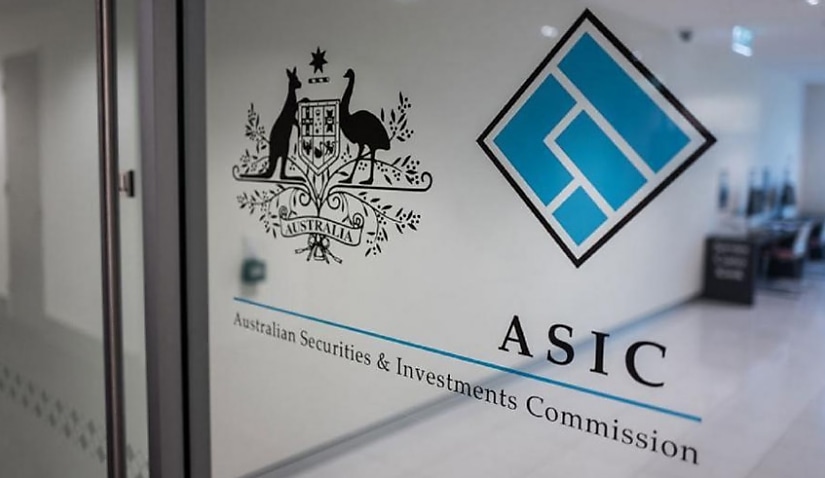Powered by MOMENTUM MEDIA
While ASIC secured its first greenwashing penalty against investment company Vanguard, a court found some of its submissions were “conceptually flawed”.

Vanguard Investments Australia admitted to contravening the ASIC Act by applying misleading claims about certain environmental, social, and governance (ESG) exclusionary screens to its “Vanguard Ethically Conscious Global Aggregate Bond Index Fund”.
While Vanguard claimed the index excluded companies with significant business activities, including in fossil fuels, the Australian Securities and Investments Commission (ASIC) said a “significant proportion of securities in the index and fund” were from issuers that were “not researched or screened against applicable ESG criteria”.
ASIC deputy chair Sarah Court said the case showed its commitment to “taking on misleading marketing and greenwashing claims made by companies in the financial services industry”.
“In this case, Vanguard promised its investors and potential investors that the product would be screened to exclude bond issuers with significant business activities in certain industries, including fossil fuels, when this was not always the case,” Court said.
“[The win] sends a strong message to companies making sustainable investment claims that they need to reflect the true position.”
Justice Michael O’Bryan said the issue in dispute was not whether Vanguard’s use of the phrase “ethically conscious” was misleading, because the company had made admissions.
What was an issue was ASIC’s allegations that the product disclosure statements (PDS) and Vanguard’s website conveyed a further representation that ESG screening had been applied to all securities in the Bloomberg SRI Index and the fund.
“It is that contention which I reject,” Justice O’Bryan said.
“The impugned statements in Vanguard’s PDSs and on its website have a clear meaning, and the meaning of the statements is not altered by the fact that contrary statements are made elsewhere.”
Justice O’Bryan said the submissions were “conceptually flawed”.
He added ASIC’s submission relies on the words “issuers” and “companies” being used in the same paragraph, which would suggest to an ordinary and reasonable reader that they were interchangeable and could carry the same meaning.
“That submission needs only to be stated to be rejected,” Justice O’Bryan said.
While Justice O’Bryan accepted a potential investor may have wondered which statement was correct, the inconsistencies were “not capable of changing the meaning of the impugned statements”.
We're evolving — and so should your insights. Heads up — Lawyers Weekly is going premium from 1 May for just $5 a month. Stay informed without missing a beat. More information coming soon.

Naomi Neilson is a senior journalist with a focus on court reporting for Lawyers Weekly.
You can email Naomi at: